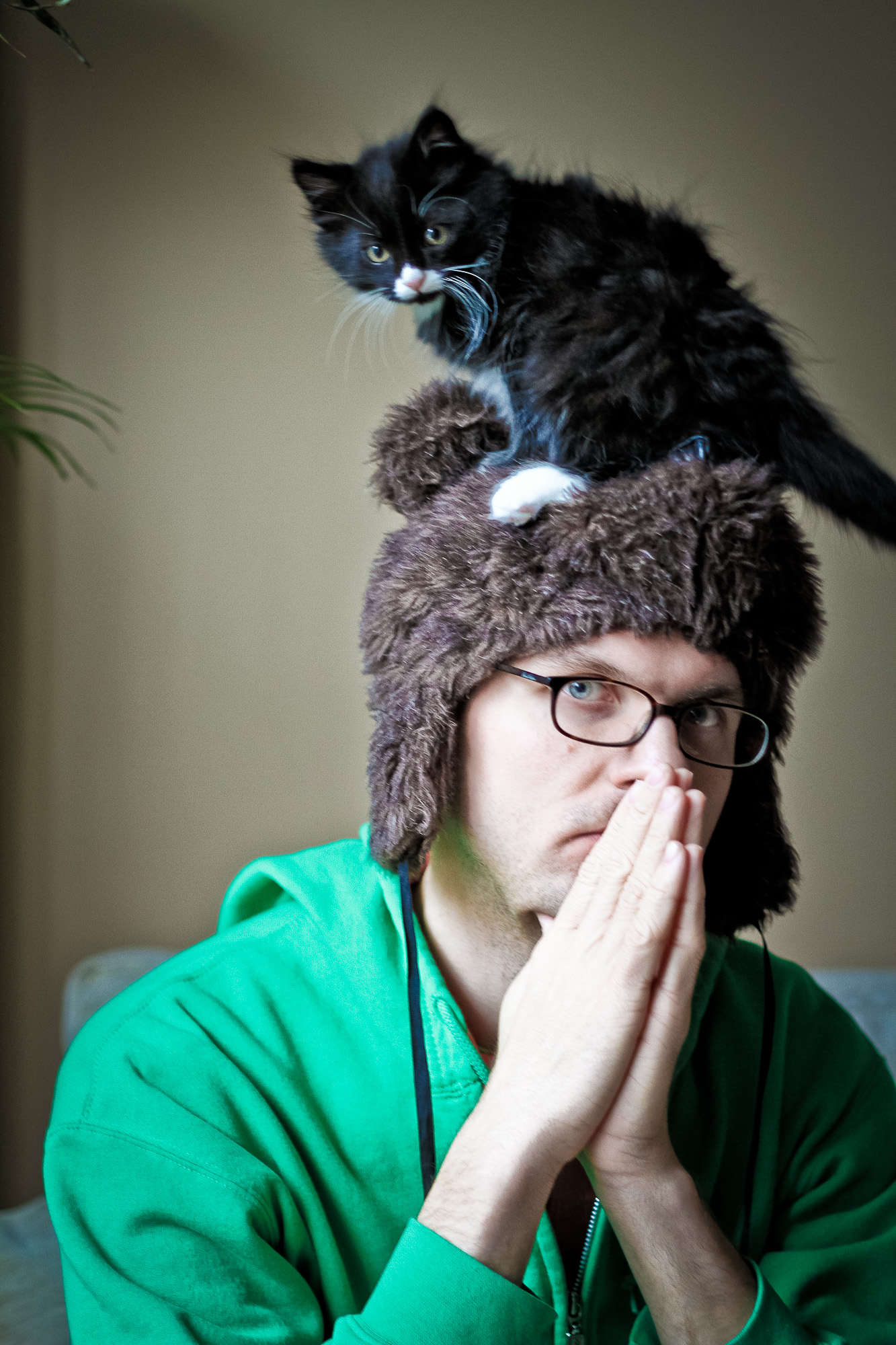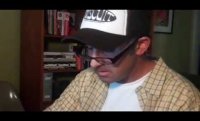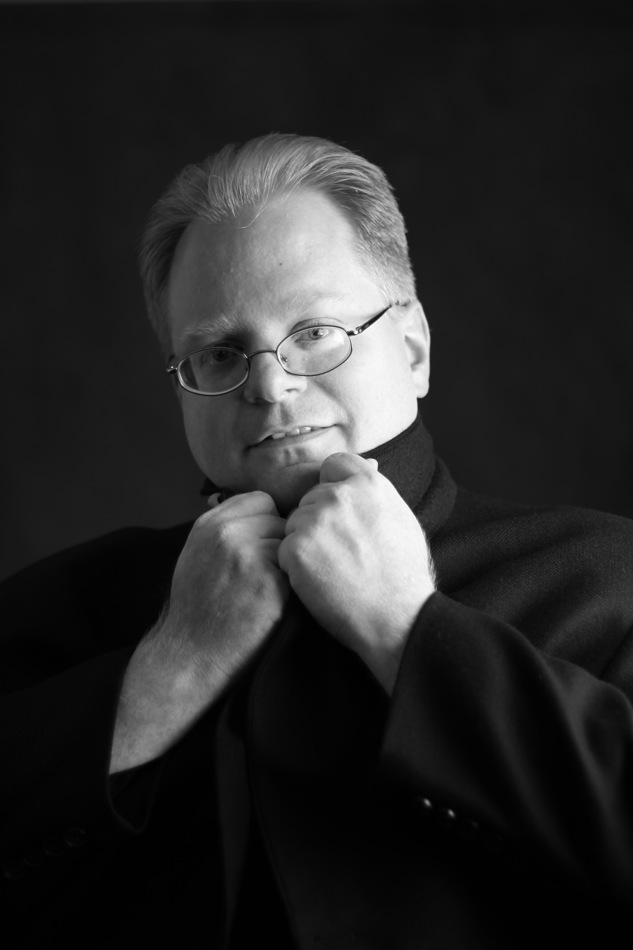 P&W-SPONSORED WRITER & PRESENTER: Robbie Q. Telfer
P&W-SPONSORED WRITER & PRESENTER: Robbie Q. Telfer
We asked Robbie Q. Telfer to update us about his work with teens at Young Chicago Authors, which has been funded through the Readings/Workshops program at Poets & Writers, Inc., since 2000.
I’m the director of performing arts for Young Chicago Authors, which runs creative writing programming year-round for high school-aged students in the Chicagoland area. One of the most exciting programs I get to be a part of is the Louder Than A Bomb Teen Poetry Festival. This three-week festival is the largest youth poetry festival in the world, with over fifty individual events, directly engaging over six hundred young people, and featuring seventy-two teams of poets from different high schools and community organizations.
The reason it’s so exciting to work on this festival is that it feels like we are tapping into an energy that is greater than just the once-a-year event we stage. For our young people, the poetry is a ticket to an ever-growing and loving community that is interested in celebrating difference, seeking commonality, striving toward justice, and honoring conflict. I have constantly found that there are always more youth capable of benefiting from our programs than we have financial, logistical, and temporal resources to serve, which can be one of those good problems I keep hearing about.
So right now, we’re a festival that happens once a year, but I am envisioning for us (with some more support and infrastructure) a “regular season” of poetic workshops, competitions, and performances, where our festival is the championship at the end (not unlike this “March Madness” thing the kids are into these days).
Also this year, thanks in part to the great promotions we’ve received nationally due to the documentary made about our youth slam, we are beginning to work with other cities around the country to create their own Louder Than A Bomb poetry slams. It would be wonderful if we could replicate our model of youth empowerment through poetry in enough cities so that we could have a national LTAB championship festival where the winners of each city come together for even more workshops, performances, and competitions. Then, of course, the world!
Big, unwieldy plans aside, what’s most rewarding about the work we do is quite simply watching the young people turn into who they are to become. I know that we are not the only influence on their lives, but we can be a big one, and any help we lend our students in tackling whatever problems they encounter is far more rewarding than media and political attention. If we ever lose sight of the actual youth in all our big schemes, then we’ll have failed them as just another American reality show dreamchaser. We’ll be like that guy who told everyone his kid was in that homemade dirigible just to get on TV. No one should ever want to be that guy. For recordings of Louder Than A Bomb poetry going back to 2005, please visit our WBEZ, our media sponsor and presenting partner.
Support for Readings/Workshops events in Chicago is provided by an endowment established with generous contributions from the Poets & Writers Board of Directors and others. Additional support comes from the Friends of Poets & Writers.








 P&W-SPONSORED WRITER & PRESENTER: Robbie Q. Telfer
P&W-SPONSORED WRITER & PRESENTER: Robbie Q. Telfer